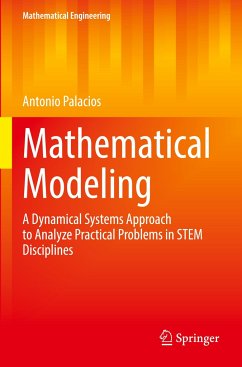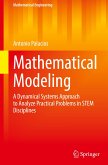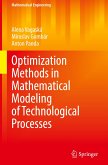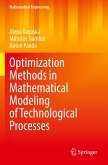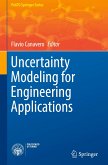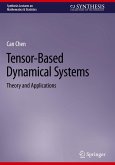This book provides qualitative and quantitative methods to analyze and better understand phenomena that change in space and time. An innovative approach is to incorporate ideas and methods from dynamical systems and equivariant bifurcation theory to model, analyze and predict the behavior of mathematical models. In addition, real-life data is incorporated in the derivation of certain models. For instance, the model for a fluxgate magnetometer includes experiments in support of the model.
The book is intended for interdisciplinary scientists in STEM fields, who might be interested in learning the skills to derive a mathematical representation for explaining the evolution of a real system. Overall, the book could be adapted in undergraduate- and postgraduate-level courses, with students from various STEM fields, including: mathematics, physics, engineering and biology.
The book is intended for interdisciplinary scientists in STEM fields, who might be interested in learning the skills to derive a mathematical representation for explaining the evolution of a real system. Overall, the book could be adapted in undergraduate- and postgraduate-level courses, with students from various STEM fields, including: mathematics, physics, engineering and biology.

